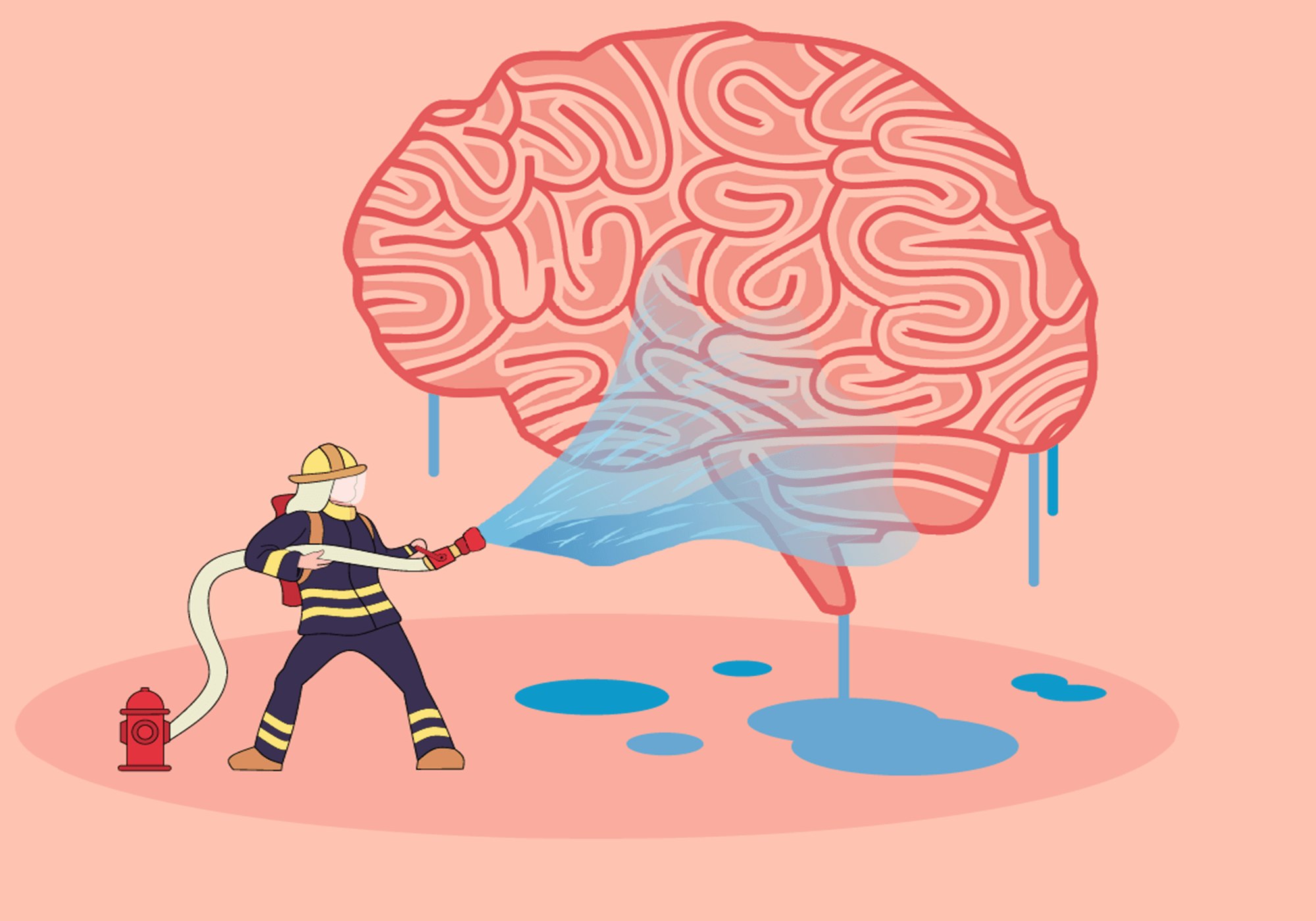Common Mental Health Illnesses And Treatment Options

May 2, 2023 | Kathleen Allen
Firefighters and first responders are at a higher risk of developing certain mental health issues due to the nature of their work. Below are some of the most common kind of illnesses and the treatments that prove most effective and accessible.
It is important to note that these mental health issues are treatable, and seeking treatment and support can help individuals improve their mental health and well-being.
Also consider that the best type of therapy for treating mental health illnesses may vary from person to person, and that a combination of therapy approaches may be needed for maximum benefit. It’s also important for individuals to work with mental health professionals to determine the most effective treatment plan for their individual needs
Types:
- Substance Use Disorders: Substance use disorders, including alcohol and drug addiction, are common among firefighters and first responders who may use substances as a way to cope with work-related stress and trauma.
- Anxiety Disorders: This is a group of mental health conditions characterized by excessive worry, fear, or panic. Firefighters and first responders may experience anxiety due to the nature of their work and the potential for exposure to traumatic events.
- Burnout: This is a type of emotional exhaustion that can develop in response to chronic stress and emotional demands. Firefighters and first responders may experience burnout due to the physically and emotionally demanding nature of their work.
- Depression: This is a common mental health issue characterized by feelings of sadness, hopelessness, and a lack of interest in activities that were once enjoyable. Depression can be caused by a variety of factors, including work-related stress, loss, or life changes.
- PTSD: Post-Traumatic Stress Disorder is a condition that can develop after exposure to a traumatic event, such as a natural disaster, mass shooting, or other life-threatening situation. Symptoms can include intrusive thoughts, nightmares, avoidance behaviors, and feelings of numbness or detachment.
Treatments:
- Cognitive Behavioral Therapy: CBT helps individuals identify and change negative thoughts and behaviors related to their traumatic experience. It is a highly effective form of therapy and has been shown to produce lasting results.
- Group Therapy: This type of therapy involves talking to a mental health professional and other individuals facing similar experiences. Group therapy can provide support, validation, and practical coping strategies for individuals dealing with mental health illnesses
- Prolonged Exposure Therapy: PE is a form of therapy that involves reliving the traumatic event in a controlled setting to help individuals confront and process their experiences. PE has been found to be effective in reducing symptoms of PTSD, especially when used in combination with other forms of therapy.
- Depression: This is a common mental health issue characterized by feelings of sadness, hopelessness, and a lack of interest in activities that were once enjoyable. Depression can be caused by a variety of factors, including work-related stress, loss, or life changes.
- Eye Movement Desensitization & Reprocessing: EMDR involves guided eye movements and other bilateral stimulation to help people process and heal from traumatic events. EMDR has been found to be effective in reducing symptoms of PTSD, especially when used in combination with other forms of therapy.
Support for Fire Departments
The Colorado Firefighter Benefits Trust has recently expanded their program to provide reimbursement for firefighters seeking behavioral health support. This coverage applies to all Colorado firefighters, per SB 22-002. Firefighters’ health has always been a top priority, whether that’s focusing on the importance of nutrition, early cancer screening, or the success stories of other fire department’s behavioral health outreach.
The Trust is now accepting claims to support fire departments and staff. There is no cost to participate as long as the funding lasts.
The program is reimbursing deductibles, co-pays, and out-of-pocket expenses not covered by existing benefit programs. The program will also reimburse for additional treatments and therapies, even after current plan benefits run out. If you do not currently have a behavioral health provider, you can view ones that specialize in First Responders at cfhtrust.com/behavioral. For details on one specific provider, read more about the organization ResponderStrong.
For more information, visit cfhtrust.com/behavioral and view our program webinar.
Crisis Support
If you or someone you know are in need of suicide or crisis support, there is help. The National Suicide Prevention Lifeline is now: 988 Suicide and Crisis Lifeline. The Lifeline provides 24/7, free and confidential support for people in distress, prevention and crisis resources for you or your loved ones.

